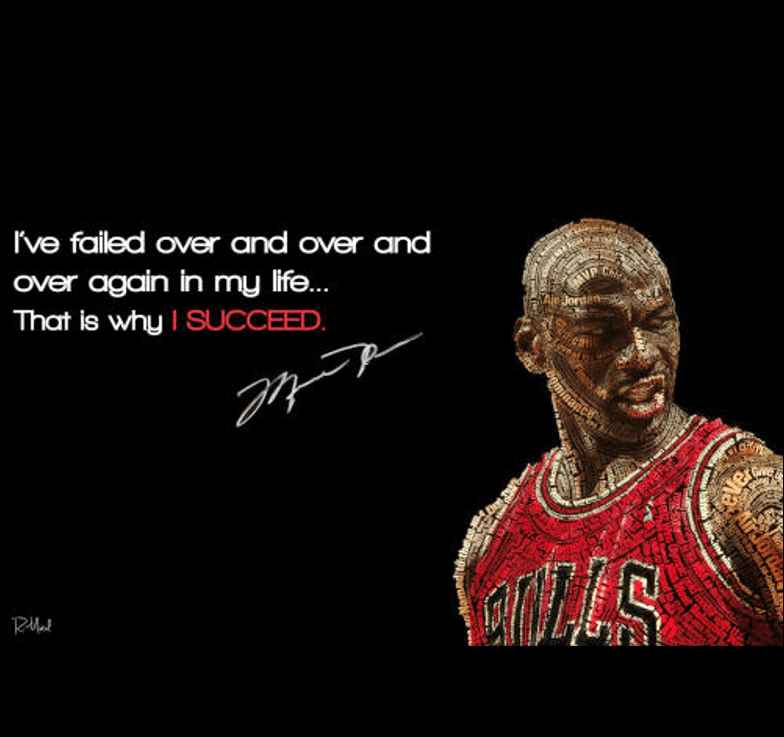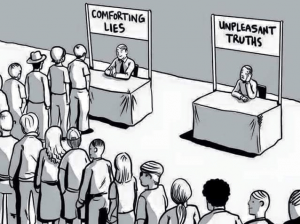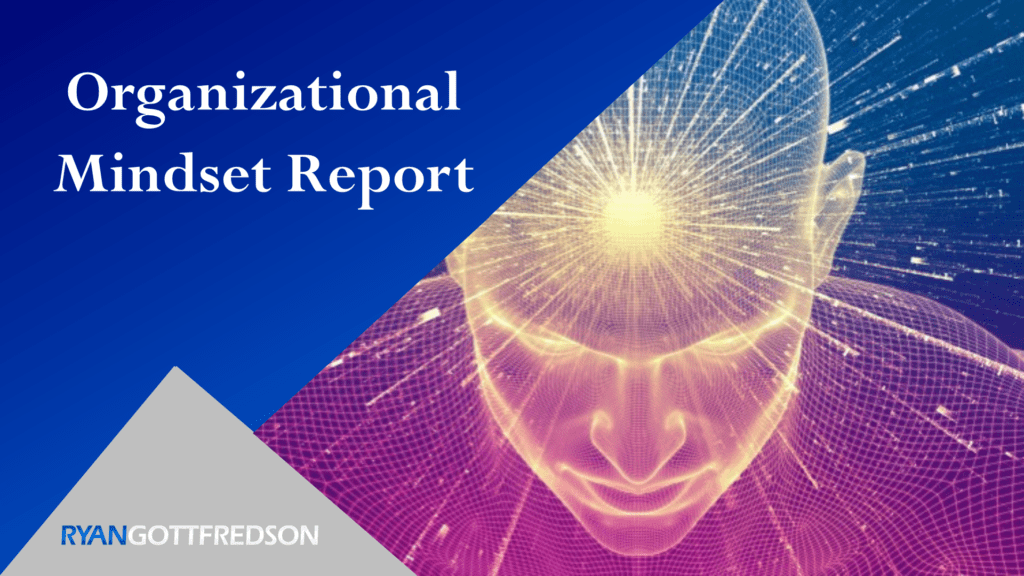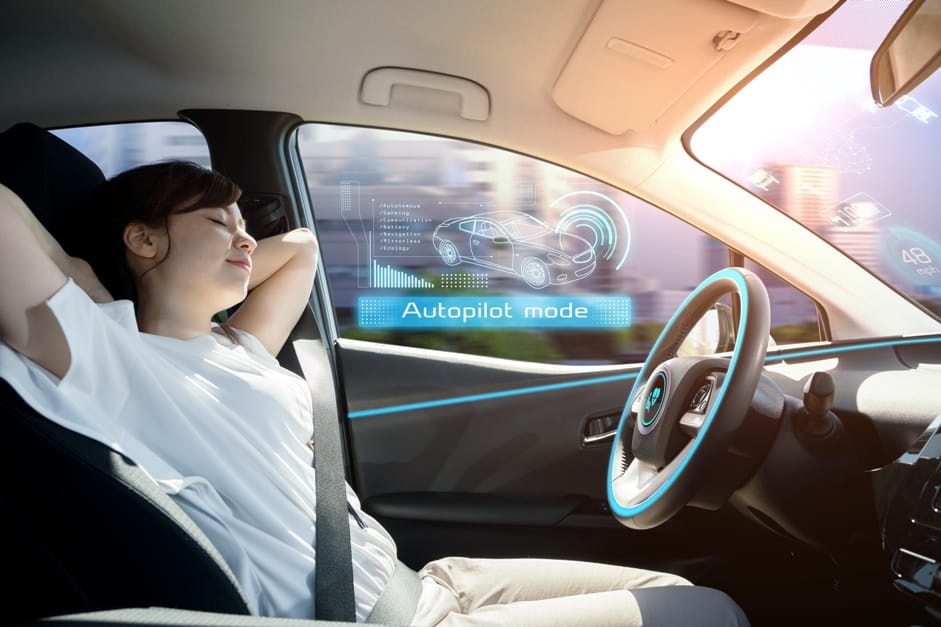Do You Need a Mental Success Coach?

Moral of the story: How we think matters! It matter to the success of organizations, leaders, teams, and employees.
Are You Guilty of Justified Blind Spots? What Can You Do About Them

The reality is that each of us, in our own ways, are engaging in fully justified thinking and actions that are ultimately limiting our experience, effectiveness, and performance.
How to Make Sure Your Resume Does Not Get Thrown in the Trash

Your primary job when writing a resume is to make a good impression on organizational gatekeepers. Let me give you three tips on how you can do that.
The #1 Factor that Drives Top-Performing Teams & the Key to Developing It

Take a moment and consider: Is your work environment a psychologically safe environment? If you are a leader or manager, do your employees feel like they work in a psychologically safe environment?
Cognitive Dissonance: Why You May Be Preventing the Success You are Seeking

Many are unwilling to learn and become better because their egos prevent them from acknowledging that, although they were likely doing their best, their ignorance and prior actions have been less than ideal.
The Key to Solving Your Problems

The reality is that most of our problems deal with our thinking, learning, and/or behaviors. If that is the case, we need to reach into a deeper level for our solutions. That level is our mindsets.
Assessing the Collective Mindsets of Your Organization, Department, or Team

You can assess the collective mindsets of your organization, department, and/or team. This blog post presents a copy of a report that I put together for an organization where we assessed their collective mindsets.
To Become Mindful, You Must Know Your Mindsets

Whenever I see leadership changes, I can’t help but think that what lied at the root of their inability to be more successful was themselves, and in particular their lack of mindfulness and lack of understanding of the mindsets that drive their non-conscious automatic processes.
The 25 Benefits of Mindfulness According to Research

Over 4,000 scholarly articles on mindfulness suggests that we should be taking it much more seriously. As a result, we are starting to see organizations such as Google, Aetna, mayo Clinic, and the U.S. Army adopt mindfulness training. This article identifies 25 clear benefits of mindfulness.
The Difference between an Abundance Mindset and a Scarcity Mindset

An abundance mindset allows one to see their financial situation as something that can grow and expand. This mindset leads one to believe that the way to build wealth is to increase the size of the pie, even if it take increasing costs in order to do so.
